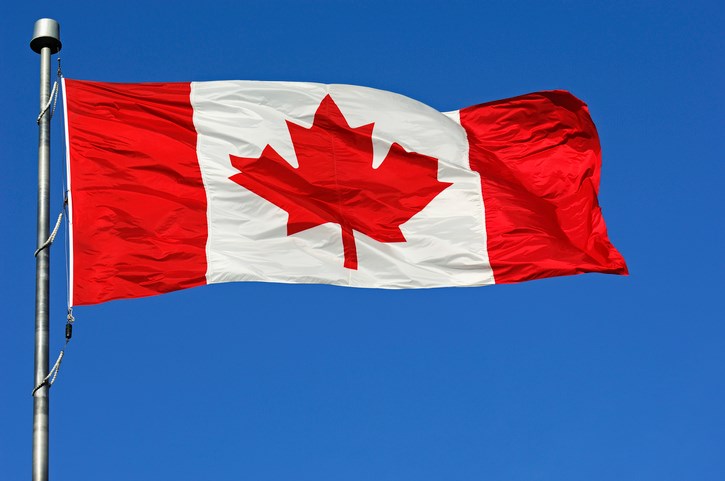For close to two decades, I’ve tracked Canadians’ pride in various institutions and national features. These surveys capture the country’s mood at a specific time. In 2019, before the pandemic, four in five Canadians were proud of the economy. In 2020, satisfaction with COVID-19 management led three in four Canadians to express pride in the health-care system.
The first half of this year brought several surprises. Justin Trudeau stepped down as prime minister, and more Canadians voted in the federal election than in 2019 and 2021. The democratic process was significantly influenced by comments from U.S. President Donald Trump regarding annexation. Meanwhile, Albertans are considering a vote on secession.
This year’s survey shows the flag remains the top source of pride for Canadians at 79 per cent, a three-point decrease from 2024. Hockey follows at 72 per cent, up one point, and the Canadian Armed Forces at 66 per cent, down six points. Pride in the flag is particularly high among Canadians of European descent (83 per cent) and those aged 55 and over (88 per cent).
Just over three in five Canadians are proud of three elements that have recently faced criticism: Multiculturalism (63 per cent, down two points), bilingualism (61 per cent, up three points), and Indigenous culture (61 per cent, down two points). Pride in multiculturalism reaches 71 per cent among Canadians of East Asian descent. Atlantic Canadians and Quebecers show strong affinity for bilingualism, at 68 per cent and 66 per cent respectively. Indigenous culture scores well in Ontario (67 per cent) but just barely clears the majority in B.C. (52 per cent).
The next tier of pride sources includes institutions often tied to policy and politics. Majorities of Canadians are proud of the state of democracy (58 per cent, up three points) and the health-care system (53 per cent, up five points). Slightly fewer feel the same about the justice system (49 per cent, up one point). Pride in health care is lowest in Quebec (47 per cent) and B.C. (45 per cent). The justice system is viewed favourably by 64 per cent of Liberal Party voters, but less so by Conservatives (47 per cent) and New Democrats (43 per cent).
The bottom three spots are occupied by Parliament (48 per cent, up 10 points), the Canadian economy (40 per cent, up six points), and the monarchy (39 per cent, up four points). Age plays a significant role here. More than half of Canadians aged 55 and over (52 per cent) are proud of Parliament, compared to 47 per cent of those aged 35 to 54 and 45 per cent of those aged 18 to 34. There are no significant generational fluctuations for the Canadian economy, suggesting all age groups are affected similarly.
Pride in the monarchy drops to 32 per cent among Canadians aged 35 to 54. Quebecers, as is typical, also show low pride at 29 per cent. Only Atlantic Canadians come close to a majority (48 per cent), even after King Charles III’s visit to Canada.
Four tracked institutions and features have seen significant increases in pride since 2024: Parliament, the Canadian economy, healthcare, and the monarchy. These shifts can be linked to the national mood in the early months of this year, when discussions about Canada-U.S. relations dominated headlines.
Canadians are more likely to express pride in Parliament after a recent federal election that was free and fair, despite social media “influencers” and their “pencil” obsessions. In Alberta, despite widespread talk of dissatisfaction and alienation, only 38 per cent of residents are proud of the legislative branch.
The monarchy warrants a closer look. While it remains at the bottom of the list and is largely a “non-issue” for Generation X, its numbers are not as low as they once were. The popularity of the heir apparent and his wife might solidify an upward trend. In the final years of Queen Elizabeth II’s reign, Canadians consistently preferred Prince William over then-Prince Charles. It remains to be seen if this sentiment persists.
Mario Canseco is president of Research Co.
Methodology: Results are based on an online survey of 1,002 Canadian adults conducted June 14-16, 2025. Data was statistically weighted by age, gender, and region. The margin of error is plus or minus 3.1 percentage points, 19 times out of 20.




